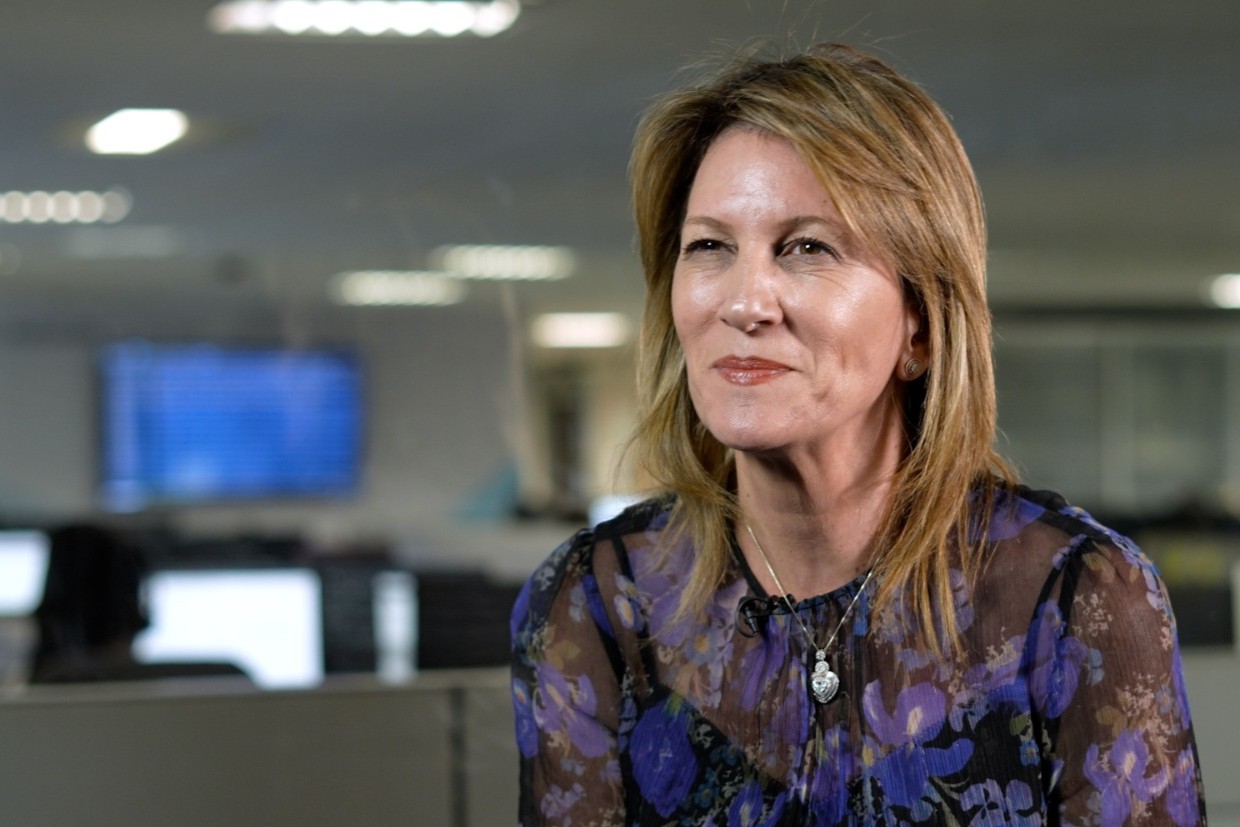Women in Foreign Trade: Progress Made, Challenges Remain
Monica Monteiro • BRICS WBA (Women's Business Alliance) Global Chair

A study released in March 2025 by Brasil’s Ministry of Development, Industry, Trade and Services, titled Women in Foreign Trade – An Analysis for Brasil, offers revealing insights into the state of female participation in the country’s foreign trade sector. While the report acknowledges notable progress, it also highlights significant challenges that must still be addressed.
According to the study, there was an increase in women’s participation in exporting firms, rising from 29.2% to 31.8%, and in importing firms, from 32.5% to 34.7%. However, only 14.5% of exporters have a female-majority ownership structure, and just 2% of all exports from Brasil come from women-led enterprises.
These figures, while indicative of progress, make it clear that there is still substantial ground to cover in advancing gender equity in foreign trade. In the domestic market, women’s participation grew more modestly, from 40% to 40.6%. Notably, approximately 3 million women were employed by exporting or importing businesses in 2022, underscoring the untapped potential of women in this sector.
It is also evident that companies engaged in foreign trade offer women higher average salaries than the domestic market. However, gender wage disparities persist, with women earning between 23% and 27% less than men. At the executive level, the gender pay gap is narrower in foreign trade (26%) than in the domestic market (53%). Moreover, only 22.5% of leadership positions in exporting firms and 22.6% in importing firms are held by women, compared to 38.6% in companies focused solely on the domestic market.
‘Elas Exportam’ program (Women Export program)
In response to such disparities, the Ministry of Development, Industry, Trade and Services, in partnership with the Brazilian Trade and Investment Promotion Agency (ApexBrasil), launched the 'Elas Exportam' (Women Export) program, aimed at promoting female entrepreneurship in exports. This initiative joins efforts from the National Confederation of Industry, which organizes business matchmaking rounds, and the Women's Business and Cultural Council, which offers training and disseminates information via the Brazilian Council of Importing and Exporting Commercial Companies.
The relationship between public and private actors should not be viewed as adversarial but rather as an integrated partnership aimed at fostering Brasil’s holistic development. As the National Confederation of Industry emphasizes, the state is inevitably a stakeholder in every private initiative—regulating, incentivizing, monitoring, and often investing. The state plays a role before, during, and after each business transaction, whether by shaping the operating environment or ensuring returns.
To frame government and business as opposing forces is an outdated view. These entities complement and shape each other, and progress depends on their cooperation. When one resists, the country stalls; when both listen to and align with each other, Brasil accelerates—moving further and faster. While progress has been made, a great deal of work remains to ensure gender equity in Brasil’s foreign trade.
Women’s inclusion in business is a core concern of the BRICS Women’s Business Alliance (WBA), which I am honored to chair globally in 2025. In July, our Business Forum will take place in Rio de Janeiro, in partnership with the BRICS Business Council. Both initiatives are coordinated by the National Confederation of Industry. This forum will serve as a focal point for new ideas and collective action to foster synergy, fairness, equity, and sustainable development. Registration is open to companies and individuals, both Brazilian and foreign—an opportunity to mobilize all relevant stakeholders in support of a more inclusive future.
Opinion articles published in this space are the sole responsibility of their respective authors and do not reflect the official position of the Brazilian BRICS presidency or the Brazilian government. The views expressed are independent and intended to foster pluralistic debate on issues relevant to the Global South agenda.
English version by: Judas Tadeu de Azevedo Neto (POET/UFC)
Proofreading by: Kelvis Santiago do Nascimento (POET/UFC)